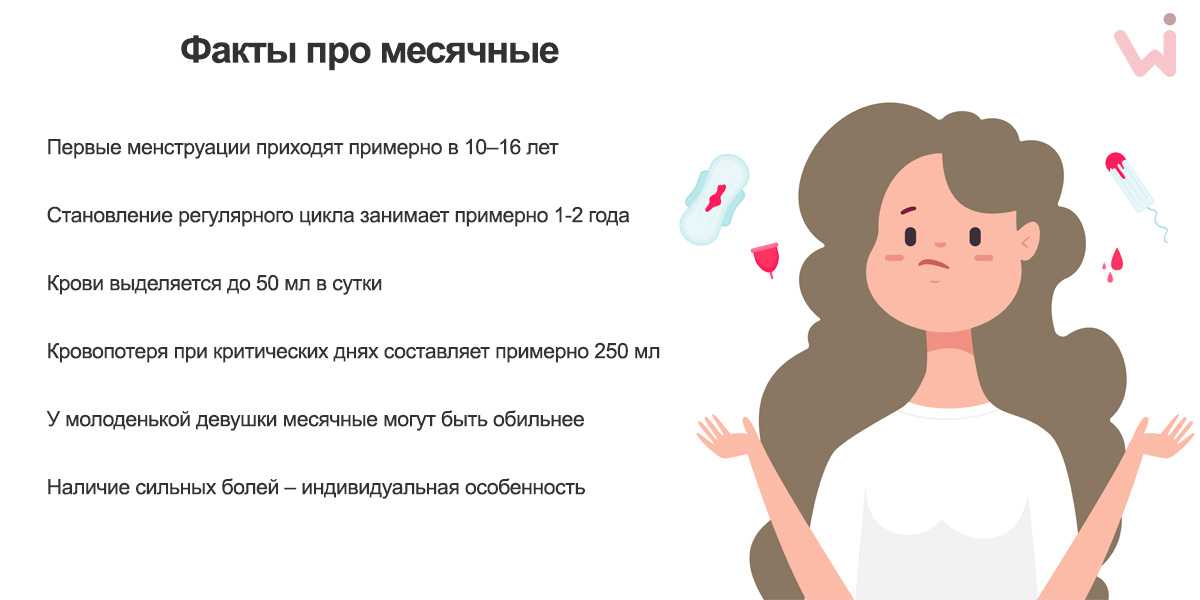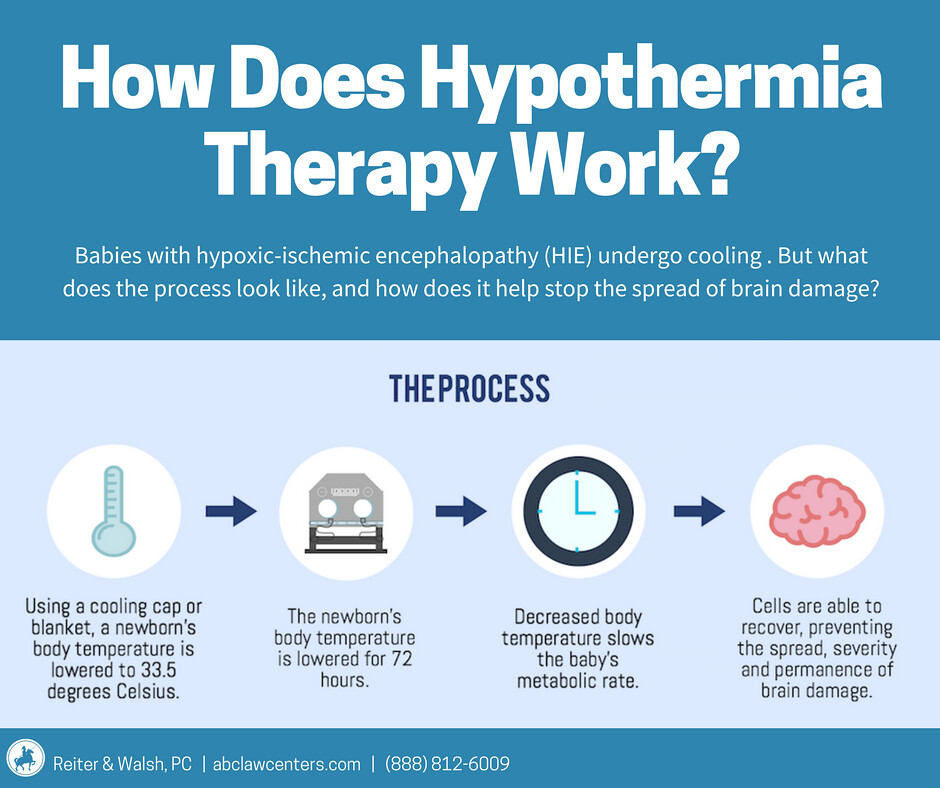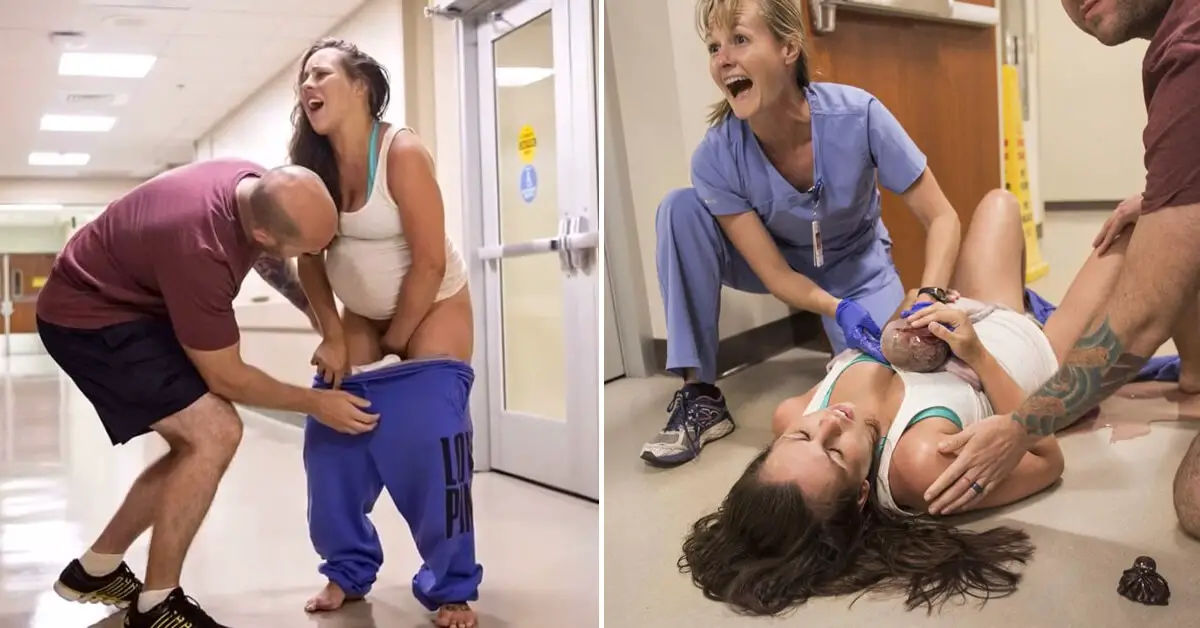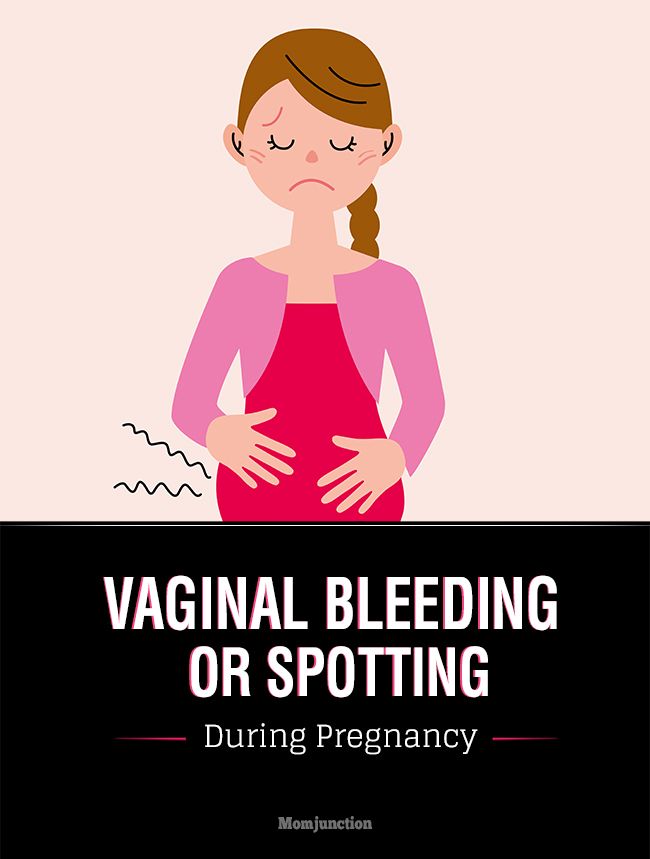Pregnant women whooping cough vaccine
Whooping Cough Vaccines Are Safe
Español (Spanish) | Print
Whooping cough vaccines are safe. In particular, getting the whooping cough vaccine called Tdap during pregnancy is safe for both women and their babies. The whooping cough vaccine called DTaP is safe for children.
Tdap has a decade-long track record of safety during pregnancy—for mom and baby
- Getting Tdap during pregnancy does not put women at increased risk for pregnancy complications.
- No safety concerns or trends (also called safety signals) have been identified for babies whose mothers received Tdap during pregnancy.
- The Food and Drug Administration (FDA) approved both Tdap vaccines (Boostrix® and Adacel®) for use during pregnancy.
- See the research page for a list of published safety studies.
Tdap vaccination during pregnancy is widely supported
In 2012, CDC first began recommending the use of Tdap during pregnancy based on feedback from an outside panel of experts (Advisory Committee on Immunization Practices).
Doctors and midwives who specialize in caring for pregnant women agree that getting Tdap is important and safe during pregnancy. Pediatric and family doctors also support the use of Tdap during pregnancy to provide protection to newborns.
Multiple safety systems, studies support Tdap vaccination in pregnancy
The Vaccine Adverse Event Reporting System (VAERS), a national vaccine safety surveillance program, receives information from the public about possible side effects from various vaccines. CDC and the Food and Drug Administration (FDA) monitor VAERS to look for new safety concerns or trends (also called safety signals) after Tdap vaccination. Published studies that include VAERS data support the safe use of Tdap during pregnancy.
To date, VAERS has not found any safety signals among pregnant women or their babies after Tdap vaccination.
Both manufacturers of Tdap vaccine (Sanofi Pasteur for Adacel® and GlaxoSmithKline for Boostrix®) created pregnancy registries to collect information from pregnant women who got Tdap vaccine.
The manufacturers have not reported any safety signals to FDA.
Tdap helps protect against tetanus and diphtheria, in addition to whooping cough. Since the 1960s, pregnant women worldwide have been getting tetanus only or tetanus and diphtheria vaccines to prevent tetanus among newborns. This long history provides researchers a lot of data to understand the safety of the tetanus and diphtheria parts of Tdap.
Getting a tetanus vaccine, including Tdap, during pregnancy is safe for women and their babies.
In the past, vaccines that protected against tetanus were associated with more severe local reactions. Examples of local reactions include redness, swelling, pain, and tenderness where the shot is given. Manufacturers now make tetanus vaccines, including Tdap, with lower amounts of the tetanus part than in the past. Experts believe this change has reduced the risk of severe local reactions. For example, studies found that adults who receive 2 tetanus shots in a short time period (within 2 years) were no more likely than adults getting their first Tdap to have severe side effects. CDC and the American College of Obstetricians and Gynecologists consider the benefits of Tdap vaccination in multiple pregnancies to outweigh theoretical (potential) risks.
There is a low risk of severe side effects from multiple tetanus, including Tdap, doses.
Some may experience side effects from getting Tdap
Most side effects are mild, meaning they do not affect daily activities. They also get better on their own in a few days. The most common side effects from Tdap include:
- Reactions where the doctor gave the shot
- Pain
- Redness
- Swelling
In adults who have received 2 doses of Tdap, the most commonly reported side effect was pain where they got the shot.
Severe side effects are extremely rare.
DTaP is safe for children
DTaP is the name of the whooping cough vaccine for children (2 months through 6 years). DTaP also combines protection against diphtheria, tetanus, and whooping cough, but in different amounts than Tdap. Currently, there are 3 licensed formulations of DTaP. Researchers conducted many different clinical trials on each vaccine to make sure of its safety. Results from clinical trials showed that these vaccines are safe for babies and children. Doctors can safely give DTaP at the same time as other vaccines.
Some babies may experience side effects from DTaP
The most common side effects from DTaP include:
- Reactions where the doctor gave the shot
- Swelling
- Soreness
- Fever
- Irritability (fussiness)
- Feeling tired
- Loss of appetite
- Vomiting
More serious reactions, such as seizures, non-stop crying for 3 hours or more, or high fever (over 105°F) after DTaP vaccination happen much less often. Rarely, vaccination is followed by swelling of the entire arm or leg, especially in older children when they receive their fourth or fifth dose.
Pregnant women cannot get whooping cough from Tdap
Tdap cannot give pregnant women whooping cough since the vaccine does not contain any live bacteria. The whooping cough vaccines we use today for children and adults in the United States contain purified, inactivated parts of the bacterium that causes whooping cough (Bordetella pertussis).
Learn more about different types of vaccines and which CDC recommends for pregnant women.
Top of Page
Breastfeeding is safe after getting Tdap
Getting Tdap while breastfeeding is safe for women and their babies. Women can and should get Tdap if they plan to breastfeed or are currently breastfeeding. There are, however, some vaccines that CDC does not recommend women get while breastfeeding.
Learn more about how breastfeeding may pass some protective antibodies from the mom onto her baby.
Pregnant women can get a whooping cough, flu, and COVID-19 vaccine at the same timeWomen can get Tdap, a flu vaccine, and a COVID-19 vaccine at the same time during pregnancy. There might also be situations where they get them at different visits. CDC recommends Tdap be given later in pregnancy to best protect the baby from whooping cough. However, flu vaccine and COVID-19 vaccines can be given at any point during pregnancy.
If women are pregnant during flu season, September and October are generally good times to get vaccinated. CDC recommends COVID-19 vaccine for people who are pregnant, including an updated booster as soon as they are eligible. Learn how to stay up to date with your COVID-19 vaccination.
Pregnant women can safely get Tdap even if they recently got a tetanus vaccine
It does not matter when someone got their last tetanus vaccine (Td or Tdap)—women still need Tdap during each pregnancy.
Whooping cough vaccines do not contain thimerosal
None of the whooping cough vaccines (Tdap and DTaP) currently used in the United States contain thimerosal.
Top of Page
Get the Whooping Cough Vaccine During Each Pregnancy
Español (Spanish) | Print
Women can give their babies protection against whooping cough (pertussis) before their little ones are even born. Talk to your doctor or midwife about getting a whooping cough vaccine (called Tdap) during your third trimester of pregnancy.
Whooping cough is a serious disease that can be deadly for babies. Unfortunately, babies do not start building their own protection against whooping cough until they get vaccinated at two months old. This leaves babies unprotected in the first months of life when they are at highest risk of getting very sick if they get whooping cough.
CDC and maternal, infant health providers support Tdap vaccination during pregnancy
CDC recommends all women receive Tdap during the 27th through 36th week of each pregnancy, preferably during the earlier part of this time period. The following medical associations dedicated to the health of pregnant women or children support this recommendation:
- American College of Obstetricians and Gynecologists
- American College of Nurse-Midwives
- American Academy of Pediatrics
- American Academy of Family Physicians
Getting Tdap during pregnancy passes protection to baby
After a woman receives Tdap, her body creates protective antibodies and passes high levels of them to her baby before birth. These antibodies provide the baby with some short-term protection against whooping cough in early life.
Getting Tdap between 27 through 36 weeks of pregnancy lowers the risk of whooping cough in babies younger than 2 months old by 78%.
These antibodies can also protect the baby from some of the more serious complications, including hospitalization, that come along with getting whooping cough.
Early third trimester vaccination in every pregnancy offers best protection
Protective antibodies are at their highest about 2 weeks after getting vaccinated, but it takes time to pass them to the baby. So, the preferred time to get Tdap is early in the third trimester.
The amount of whooping cough antibodies in the body decreases over time. That is why CDC recommends women get Tdap during each pregnancy, even if their pregnancies are only a year or two apart. Doing so allows each of their babies to get the greatest number of protective antibodies and best protection possible.
Vaccination after delivery leaves baby without protective antibodies
If a woman did not get Tdap during pregnancy and has never received it before, she can get it after her baby is born. It will take about 2 weeks for her body to develop the highest protection (antibodies) in response to the vaccine. Once she has protection from the vaccine, she is less likely to give whooping cough to her newborn while caring for them. But remember, the baby will still be at risk for catching whooping cough from others.
Learn why Laura decided to get the whooping cough vaccine in her 3rd trimester of pregnancy and how her baby girl was born with some protection against the disease.
Also available on YouTube.
Safe for mom and baby
Tdap is very safe for pregnant women and their babies. Tdap cannot give pregnant women whooping cough. Getting vaccinated during pregnancy will not increase your risk for pregnancy complications. Learn more about safety and side effects.
Blood tests cannot tell if you need a Tdap vaccine
Experts do not know what level of whooping cough antibodies is needed to protect anyone, including babies, from getting sick. That is why CDC recommends all women get Tdap during each pregnancy — even women with some antibodies due to a previous infection or vaccination. The goal is to give each baby the greatest number of protective antibodies possible.
Breastfeeding may pass some protective antibodies onto baby
Women can pass some whooping cough antibodies to their baby by breastfeeding. By getting Tdap during pregnancy, women will have these antibodies in their breast milk as soon as their milk comes in. However, their baby will not get protective antibodies immediately if they wait until their baby is born to get vaccinated. This is because it takes about 2 weeks for the body to create antibodies. Learn more about the health benefits of breastfeeding.
- Information about whooping cough in English and en Español
- Hear what whooping cough sounds like
Top of Page
Last Reviewed: December 1, 2022
Source: National Center for Immunization and Respiratory Diseases, Division of Bacterial Diseases
- Pertussis (Whooping Cough)
- Immunization for Women (ACOG)External file_external
- Whooping Cough Outbreak Trends
- Pertussis Materials
Pregnancy and vaccinations: not possible, but necessary
The UK National Health Service recommends that all pregnant women be vaccinated against whooping cough and flu. Expectant mothers are often interested in why this is necessary and how safe it is. We answer all questions in detail in our weekly column.
Why is the whooping cough vaccine recommended for all expectant mothers?
Whooping cough is a common infectious disease accompanied by attacks of severe coughing and choking, which are especially dangerous for newborn babies. In most cases, when children are infected with whooping cough in the first weeks of life, they are hospitalized, and despite the best efforts of doctors, whooping cough can be fatal. Newborns under 2 months old are still too small for vaccinations, which means they are not protected from this terrible infection in any way (the first vaccinations, including the whooping cough vaccine, are given to babies at the age of 8 weeks of life). In order to protect young children during this period of time, doctors suggest that mothers, while still pregnant, receive a vaccine that will protect both the mother and the unborn child at the same time through the mother's placenta. Pregnant women are advised to get vaccinated between 16 and 32 weeks of gestation.
How effective is the whooping cough vaccine?
Published scientific studies have shown that vaccination during pregnancy is very effective in protecting the baby from infection until the first vaccinations are received at 2 months of age. Children born to unvaccinated mothers were 91% more likely to get whooping cough in the first weeks of life than babies whose mothers were vaccinated. In addition, vaccination protects the mother herself, which reduces the risk of her risk of getting sick and infecting the newborn.
Which whooping cough vaccine is given to pregnant women?
Because there is no vaccine for pertussis alone, expectant mothers receive a four-in-one vaccine that also protects mother and baby from polio, tetanus, and diphtheria. This vaccine is called Boostrix IPV, and is very similar to the vaccine against the same diseases given to three-year-olds before they start school.
Is vaccination safe during pregnancy?
The anxiety of expectant mothers is completely understandable, since the course of pregnancy affects the entire subsequent life of the child and it is very important to take all precautions so as not to harm. Numerous scientific studies on this topic have not revealed any prerequisites for the possible danger of vaccinations during pregnancy.
Whooping cough vaccinations have been offered to all pregnant women in the UK since October 2012 and the practice is closely monitored by the Medicines and Healthcare Products Regulatory Agency. The Commission examined in detail the data on more than 20,000 women vaccinated during pregnancy, and found no evidence of the dangers of using this vaccine. To date, about 60% of all pregnant women in the UK are being vaccinated and without any negative consequences from vaccination. This practice has also been introduced in a number of other developed countries, including the USA, Belgium, Spain, Australia and New Zealand.
In addition to the four-in-one vaccine for whooping cough, diphtheria, tetanus, and polio, pregnant women are also strongly advised to get the flu vaccine before the infection season, regardless of the gestational age.
Polyclinica No1 therapists perform all types of vaccinations in the clinic and as part of a home visit - call us on 0203 808 3866 to arrange all the necessary procedures.
why a pregnant woman needs a whooping cough vaccine
"Cocoon strategy": why a pregnant woman needs a whooping cough vaccine-
Medical appointments
- Syphilidologist
- INFECTIONIST
- Dermatologist
- Therapist
- Cardiologist
- Oncologist
- Endocrinologist
- Neurologist
- Medical certificates
- Ultrasound diagnostics - Ultrasound
- Functional diagnostics
- Urologist
- Venereologist
- Parasitologist
- Mammologist
- All services
-
Diagnosis
- Gynecology
- Dermatovenereology
- Cardiology
- Neurology
- Oncology
- Therapy
- Urology
- Endocrinology
- Infectology
-
Treatment
- A
- B
- B
- G
- D
- E
- Yo
- F
- Z
- and
- Y
- K
- L
- M
- H
- O
- P
- R
- C
- T
- W
- F
- X
- C
- H
- W
- SC
- E
- Yu
- I
COVID
Full spectrum of medical care with viral infection Covid
Check-UP
Full spectrum of comprehensive medical diagnostics
Analyzes
take tests at affordable prices
Specialized pharmacy
Online
DISCOUNTS
Only profitable offers for you!
St. Petersburg, Ivana Chernykh st., 25A
Mon.-Sat. from 9:00 - 20:00, sun. from 10:00 - 18:00
- home
- •
- News
- •
- Vaccination
- •
- "Cocoon strategy": why a pregnant woman needs a whooping cough vaccine
The Cocoon Strategy: Why a Pregnant Woman Needs a Whooping Cough Vaccination
Young children are most vulnerable to infectious diseases. In the first months of life, the children's immune system is still not sufficiently active, and only maternal antibodies perform the protection function. Therefore, infants often become infected with infections from parents and other family members, they suffer the disease many times harder than older children.
Whooping cough is one of the most dangerous childhood infections. If a child becomes ill in infancy, in 70% of cases he will need hospitalization and long-term treatment in a hospital, and in adverse situations, mechanical ventilation is performed. The probability of death in this case reaches 2-4%.
How to protect your newborn from whooping cough
To protect young children, WHO experts have developed the so-called “cocoon strategy”. It involves active immunization of the immediate environment of the child, which significantly reduces the risk of transmitting infections to him.
The key point of this strategy is the vaccination of a pregnant woman. A timely vaccination not only prevents infection from the mother, but also promotes the transfer of protective antibodies through the placenta, so that by the time of birth the baby has an adequate supply of immune protection.
Vaccination of pregnant women against whooping cough, diphtheria and tetanus is included in the international recommendations of the CDC (Centers for Disease Control and Prevention) - US Centers for Disease Control and Prevention. It is recommended for all women at 27-36 weeks of pregnancy.
Why the vaccine is given in the 3rd trimester
When developing recommendations, a large number of studies were analyzed to assess the features of the immune system in a pregnant woman, fetus, and newborn. It has been established that protective anti-pertussis antibodies (IgG), which are produced in the mother's body, can be transmitted to the child through the placenta.
IgG transport starts from the 30th week of pregnancy and reaches a maximum in the last 2 weeks of gestation. Since protective antibodies in the mother's blood appear 10-14 days after vaccination, the period from the 27th to the 36th week is considered optimal. Vaccination during this period provides the child with a sufficient amount of anti-pertussis antibodies by the time of birth.
Adacel vaccine for pregnant women
Adasel is a new Canadian-made drug that contains 3 components at once: diphtheria toxoid in a reduced amount, tetanus toxoid, acellular pertussis vaccine. This is the only three-component vaccine against these infections that is approved for use in adults.
Since the composition contains a cell-free pertussis component (antigen), such a vaccination has a minimal risk of adverse reactions. At the same time, its effectiveness for developing immunity is in no way inferior to whole-cell vaccines. Good tolerability and safety of the drug Adasel are confirmed by clinical studies, which made it possible to use it for immunization of pregnant women.
Vaccination is not included in the National Calendar of the Russian Federation, but it can be carried out in Russia at will. Vaccination is recommended for all pregnant women who care about the health of their unborn child and want to give him maximum protection.
Only one dose of Adasel is sufficient for immunization. The vaccine is administered intramuscularly into the shoulder, practically does not cause adverse reactions, does not affect the development of the fetus. After vaccination, most women develop high levels of antibodies that are passed on to the child and protect him during the first 2-4 months of life.
Consult a physician
To learn more about the benefits and features of vaccination with Adasel, you should consult with a gynecologist. The doctor will provide all the necessary information, explain the indications and contraindications, on the basis of which the woman will be able to make an informed decision.
Tags: vaccination
Cost
At ID-Clinic, a doctor's consultation on vaccination issues can be obtained quickly and conveniently online, so that a pregnant woman does not have to spend time and energy moving around the city.
Inspection
B04.014.004.015
Vaccination against diphtheria, tetanus and whooping cough (Adasel)
4000 ₽
Make an appointment
St. Petersburg, Ivan Chernykh st., 25A
Mon-Sat 09.00-20.00, Sun 10.00-18.00
By clicking the button you agree to the terms of the Privacy Policy-
SavchenkoMikhail Andreevich
Infectionist,
Hepatologist,
Doctor of the first category,
Candidate of Medical SciencesMake an appointment
-
Efimov Georgy Alexandrovich
Infectionist,
ParasitologistMake an appointment
-
Korneeva Tatyana Sergeevna
Infectionist,
Hepatologist,
Ultrasound doctor,
PhDMake an appointment
-
Sizova Natalia Vladimirovna
Infectionist,
Doctor of the highest category,
Doctor of Medical Sciences,
ProfessorMake an appointment
- Mayorova
Svetlana Olegovna
Infectionist,
Doctor of the highest category,
Candidate of Medical SciencesMake an appointment
-
Zvontsova Svetlana Alexandrovna
Infectionist,
ParasitologistMake an appointment
-
Lavrenchuk Dmitry Vadimovich
Infectionist,
Hepatologist,
PhDMake an appointment
-
Fadeev Kirill Aleksandrovich
Infectionist,
Hepatologist,
Parasitologist,
Doctor of the highest category,
Candidate of Medical SciencesMake an appointment
-
Bortulev Sergey Alexandrovich
Head doctor of the clinic,
Therapist,
Cardiologist,
Functional diagnostics doctor,
Doctor of the highest category,
Candidate of Medical SciencesMake an appointment
-
Kiseleva Lyudmila Ivanovna
Therapist,
Pulmonologist,
Ultrasound doctor,
SomnologistMake an appointment
-
VeliherMarina Georgievna
Therapist,
Ultrasound doctorMake an appointment
-
Balandina Anna Borisovna
Infectionist,
Parasitologist,
HepatologistMake an appointment
-
Unguryan Nikolay Ivanovich
Therapist,
Clinical psychologist,
Psychiatrist-narcologistMake an appointment
-
Selivanova Marina Andreevna
Infectionist,
Hepatologist,
ParasitologistMake an appointment
All specialists
Other clinic services
Online consultation of an infectious disease specialist
Stories and testimonials from our patients
User (SberHealth)
Everything was fine at the reception. At the reception, Ruslan Valentinovich ordered tests. I have already submitted them. Tomorrow I will go there again, I will send the results of the tests. As a result, the doctor helped in solving my problem. I can recommend this specialist.
Specialist:
Shaigorodsky Ruslan Valentinovich
Andrew
Hello! The interior of the Clinic and the reception staff give the impression of European quality, I don’t know about the correspondence between the appearance and qualifications of doctors, now I’m just sitting waiting for my specialist, but the price tag is charged, in my opinion, that’s why I put 4 stars
I want to thank Evgenia Mikhailovna Bazyuk. Wonderful doctor. She reacted to our problem not as a “paid-advising”, but as a Doctor who is not indifferent to the fate of the patient. A doctor with a capital letter who has not forgotten the Hippocratic oath.
Specialist:
Bazyuk Evgenia Mikhailovna
User (On Correction)
I do a Medical pedicure with Dr. Bortuleva V.V. - I recommend this doctor / previously put BS-plates in a course - the procedure is effective! In the ID-clinic, doctors are of a high category and the Clinic is equipped with high-quality equipment.
Specialist:
Bortuleva Victoria Valerievna
User (SberHealth)
Veronika Anatolyevna is a pleasant doctor. Thinking and analyzing. It was clear that she cared about the patient. The specialist listened to me carefully. She tried to figure it out and was very interested in my problem. As a result of the admission, I received the necessary document. An ultrasound was also performed.
Specialist:
Golovanova Veronika Anatolyevna
Svetlana
The doctor calmed me down, explained the situation, told me what to do and explained different treatment regimens. I am grateful to this doctor! Thank you very much!
Specialist:
Lavrenchuk Dmitry Vadimovich
Prodoctors
I can safely recommend this dermatologist to others. He quickly diagnosed me, I had only a few tests to pass, and everything was confirmed. He prescribed a sensible treatment for me, the skin quickly began to return to normal and now it has completely cleared up. Many thanks and success to Evgeny Borisovich in his work!
Specialist:
Kozminsky Evgeny Borisovich
I was here before, today I brought my mother and at the same time donated blood for antibodies to covid 19. Everything is fast, painless. I don't have the best veins, but the nurse is a magician. Mom was at the appointment with the infectious disease specialist Savchenko M.A. I recommend both the doctor and the clinic. Doctors are competent, administrators are polite, the environment is beautiful
Specialist:
Savchenko Mikhail Andreevich
User (SberHealth)
The reception went great! Thank you! Anna Borisovna is a good and attentive specialist. She answered all my questions, examined the parasite I brought under the microscope, took more than enough time to solve the problem. I would recommend this doctor to other patients, although I very rarely recommend anyone.
Specialist:
Balandina Anna Borisovna
User (SberHealth)
Anna Borisovna is very polite, informatively told everything. I chose the doctor based on reviews. At the appointment, the doctor explained everything in an accessible way, prescribed an additional examination and gave recommendations. The specialist spent enough time at the reception and answered all questions.
Specialist:
Balandina Anna Borisovna
See more reviews
Make an appointment
St.











